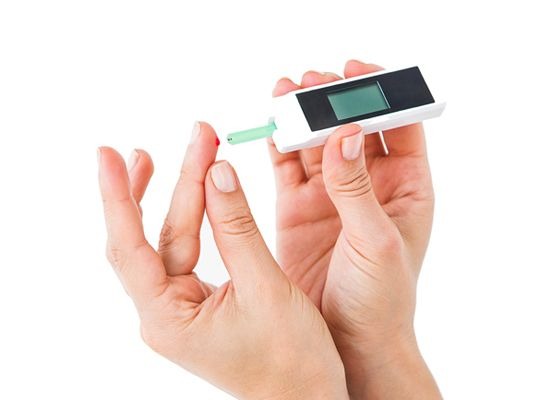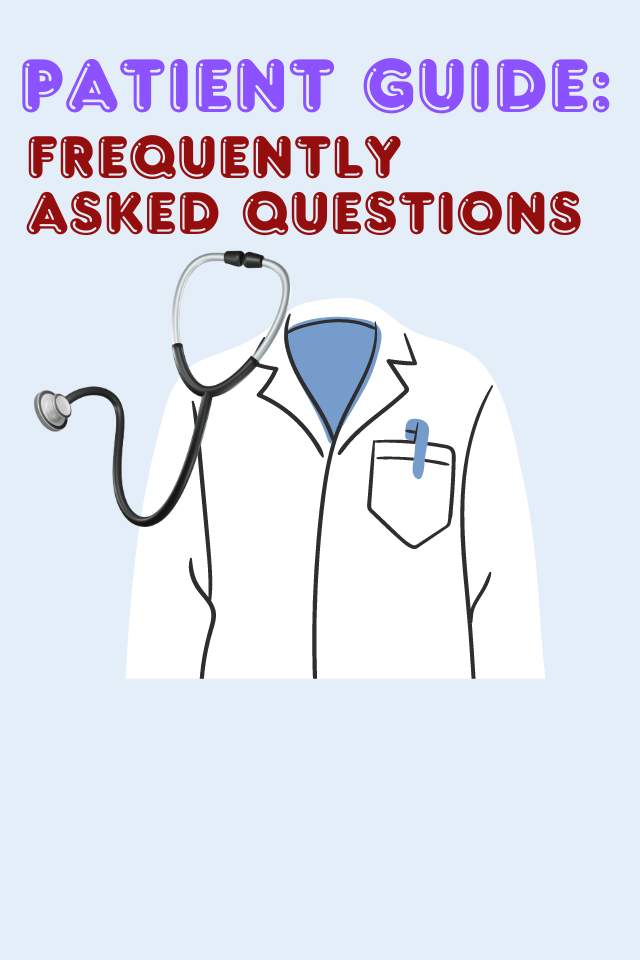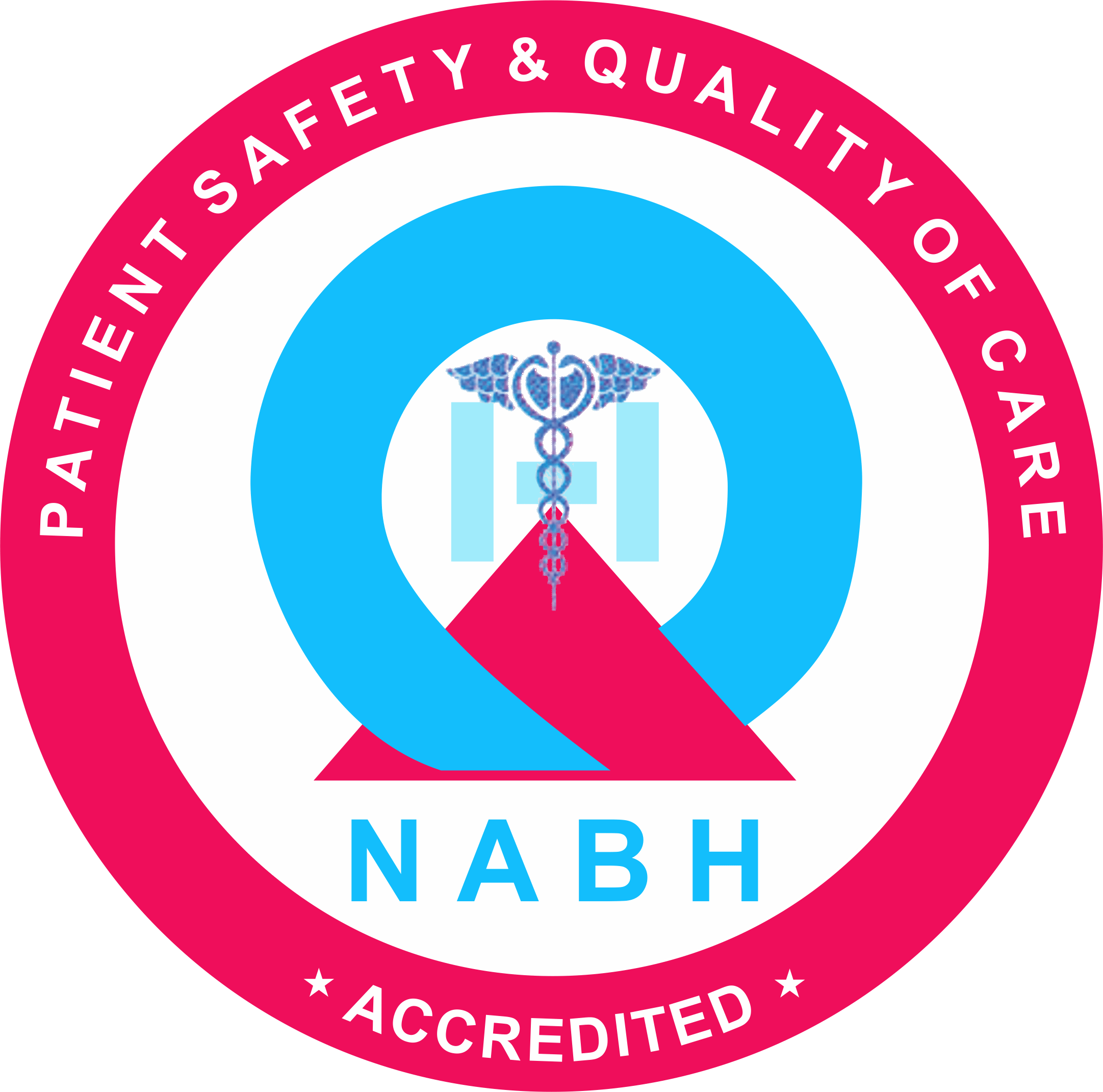Specialities & Services Offerred
Diabetology
Comprehensive care for diabetes management, including diagnosis, treatment, and lifestyle support from our specialized endocrinologists.
Diabetes
Diabetology is a medical specialty that focuses on the study, diagnosis, treatment, and management of diabetes mellitus.
Diabetes is a chronic metabolic disorder characterized by elevated blood levels of glucose resulting from either insufficient insulin production, ineffective insulin use, or a combination of both.
Diabetologists are physicians who specialize in the care of individuals with diabetes, providing comprehensive and personalized medical attention to help manage the condition effectively.

Type 1 Diabetes is an auto-immune condition in which the immune system is activated to destroy the cells in the pancreas which produce insulin. It represents of 10% of all cases of diabetes and is one of the most chronic childhood conditions. There is no exact cause for the activation of auto-immune condition but there is a strong family link and cannot be prevented. Symptoms include excessive thirst and urination, unexplained weight loss, weakness and fatigue and blurred vision.
Type 2 Diabetes is a progressive condition in which the body becomes resistant to the normal effects of insulin and gradually loses the capacity to produce enough insulin in the pancreas. It represents the 85% of all cases of diabetes and it is associated with modifiable lifestyle risk factors. Type 2 diabetes also has strong genetic and family related risk factors. Type 2 diabetes is progressive and needs to be managed effectively to preventive complications.
Facilities Available
Experience modern healthcare with unparalleled comfort, convenience to ensure the best patient care and satisfaction.
Get a Quotation
Request a personalized quote for your healthcare needs quickly and easily. Contact us today for detailed pricing information.

Key aspects of Diabetology include:
Diagnosis and Classification: Diabetologists are trained to diagnose diabetes and classify it into different types, such as Type 1 diabetes, Type 2 diabetes, gestational diabetes, and other specific types related to underlying medical conditions.
Treatment Planning: Diabetologists develop individualized treatment plans based on the type of diabetes, the patient’s overall health, lifestyle, and other factors.
Blood Glucose Monitoring: Diabetologists emphasize the importance of regular blood glucose monitoring to assess how well the treatment plan is working and to make necessary adjustments.
Complications Management: Diabetes can lead to various complications affecting the eyes, kidneys, nerves, and cardiovascular system. Diabetologists play a crucial role in identifying and managing these complications to prevent or minimize their impact on the patient’s health.
Patient Education: Diabetologists educate patients about the importance of self-care, such as proper nutrition, regular exercise, medication adherence, and monitoring blood glucose levels. Patient empowerment is a key aspect of managing diabetes effectively.
Collaboration with a Multidisciplinary Team: Diabetologists often collaborate with other healthcare professionals, such as dietitians, endocrinologists, ophthalmologists, podiatrists, and nurses, to provide comprehensive care for individuals with diabetes.
Research and Innovation: Keeping up with the latest research and treatment innovations in the field of diabetes is a vital aspect of diabetology. This allows diabetologists to integrate new and effective strategies into their patient care.
What is Pre-diabetes?
Pre-diabetes describes a condition in which blood glucose levels are higher than normal, although not high enough to be diagnosed with type 2 diabetes. Pre-diabetes has no signs or symptoms.
- Impaired glucose tolerance (IGT)is where blood glucose levels are higher than normal but not high enough to be classified as diabetes.
- Impaired fasting glucose (IFG)is where blood glucose levels are escalated in the fasting state but not high enough to be classified as diabetes.
- It is possible to have bothImpaired Fasting Glucose (IFG) and Impaired Glucose Tolerance (IGT).
Where is Gestational Diabetes Mellitus (GDM)?
Gestational Diabetes Mellitus (GDM)is a form of diabetes that occurs during pregnancy. Most women will no longer have diabetes after the baby is born.
Diabetic Symptoms:
The following are the common symptoms of Type 1 Diabetes and Type 2 Diabetes,
Frequently Asked Questions
Common Questions
If you develop sudden stabbing pain in upper right abdomen or shoulder, especially after eating, you might be having a gallbladder attack. Seek medical attention right away. Don’t wait for it to go away because it might not. A healthcare provider can relieve your pain while confirming the cause.
You can’t pass gallstones in your pee, because there’s no way for gallstones to get into your urinary tract.
Gall bladder stones won’t go away without treatment. Gall bladder stones can sometimes come out in your poop, but it won’t be all of them.
After surgery, most people will never need treatment for gall bladder stones again. Complications are uncommon, but some people occur chronic diarrhoea. This is because bile now flows continuously to your intestines, instead of on demand. You can treat it with medications called bile acid binders.



